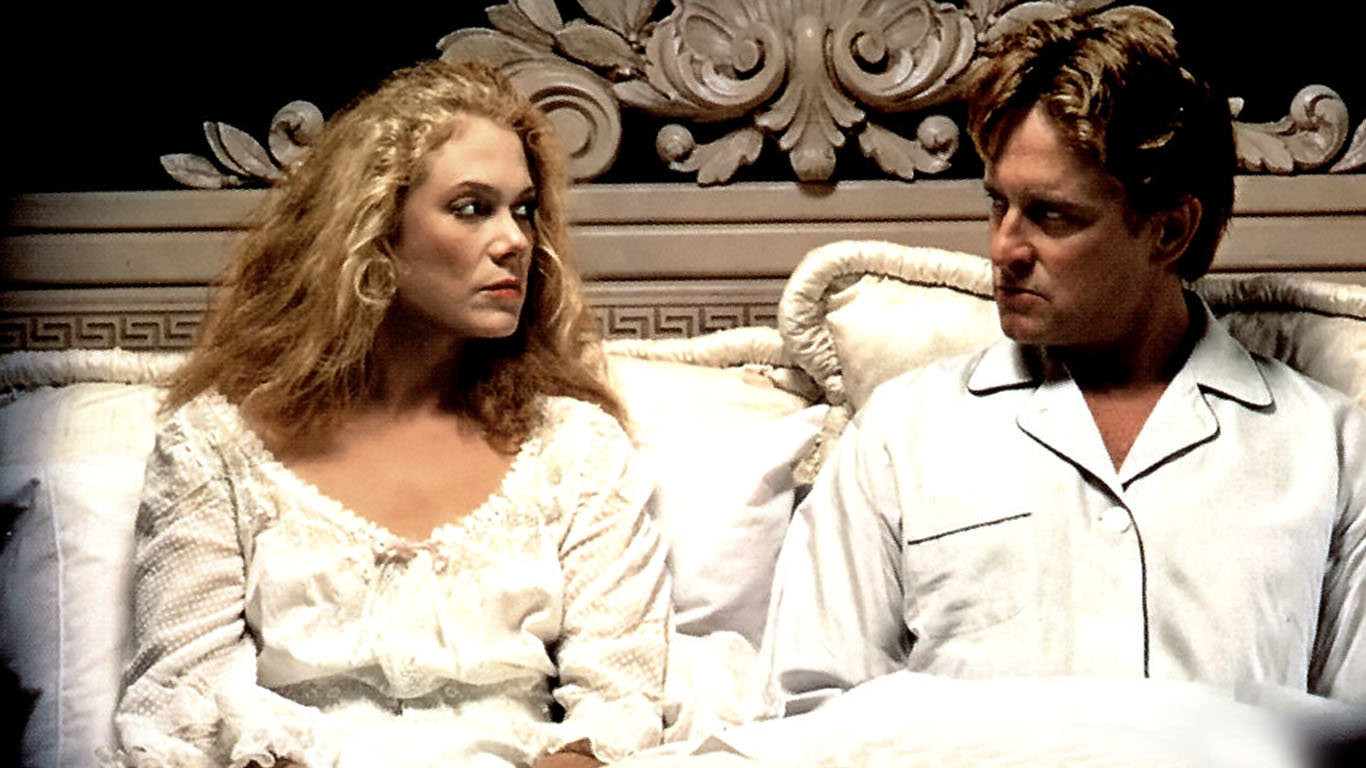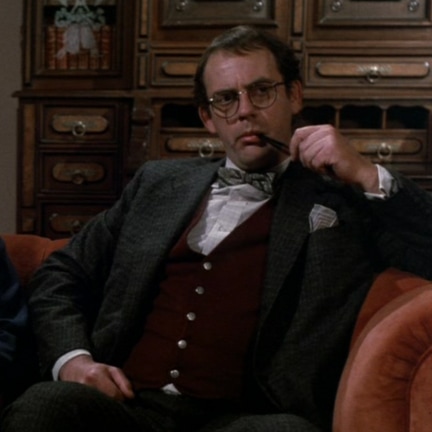|
Making money from writing is a notoriously difficult way to make money.
Elizabeth Gilbert (she of the fabulous books Eat, Pray, Love and Committed) had some interesting thoughts about money and here we focus on Cheryl Strayed (the author of Wild). Cheryl had a very insightful conversation about money in the book Scratch: Writers, Money, and the Art of Making a Living. Vulture synopsizes the interview and here are my favorite parts: "I was paid a $100,000 advance for Torch, my first novel. It was November 2003, and I was at the Virginia Center for the Creative Arts at a residency, and I distinctly remember yelling—shrieking—into the phone to my husband, “A hundred thousand dollars! A hundred thousand dollars!” And we were both just flipping out. We were like, Our life is changed. First of all, you don’t just get a check for $100,000. You get four checks: one on signing, one on delivery—and that’s not just when you finish the draft, but after the editing process, when it’s going to the printer. I learned that lesson the hard way. And then you get another check on publication of the hardcover, and another check on publication of the paperback. So, I sold Torch in 2003. I got that first $25,000. My agent took fifteen percent, and then I had around $21,000. So I sold my book for $100,000, and what I received was a check for about $21,000 a year over the course of four years, and I paid a third of that to the IRS. Don’t get me wrong, the book deal helped a lot—it was like getting a grant every year for four years. But it wasn’t enough to live off. So, I guess it was a humbling lesson! We almost lost our house before I sold Wild. I think we had about $85,000 in credit card debt by the time I sold that book. I can say that now because I don’t have any debt, but I was so ashamed of that. We got into debt because by the time Torch was published, we had two kids under the age of two. So here I was, trying to write my second book with two babies, and we were just busting our asses. During those years we were spending more on childcare than I was making. And we would always be so broke and ashamed and putting things on the credit card. Really getting into trouble. Here’s another thing that’s so interesting about money that people never talk about: there are all these invisible advantages and privileges people have. Parents who help out with a down payment, or a grandparent who takes the kids every Tuesday. Parents who pay for college. We didn’t have any of that. I also had student loan debt from my undergraduate degree that I finally paid off on my forty-fourth birthday, thanks to Wild. I ended up selling Wild for $400,000 .... When I got my first check, and we spent it all on credit card bills ... We celebrated by going out and getting sushi. But our life didn’t change. We only got out of credit card debt. But it changed in that way, trust me. As anyone who’s been in severe credit card debt knows, it was a nightmare. The only thing that’s changed is that I can pay my bills. I can afford to not be desperate anymore. I can buy boots not in thrift stores! But the culture and the community and the things I think about people and the world and the way I feel about myself and my family—none of that has changed one iota."
Comments
Money Talk with a Business School Professor about Divorce, Luck, and Growing Up in the 50s!1/15/2017 1. Tell me about your background.
I am a male tenured business school professor at a top-ranked school in the Midwest. I am in my early 70’s. I grew up in a relatively middle class household in the 1950s with a very financially conservative family. As a child, my dad worked as an artist and sold paintings to hotels and offices. There were years when business was good and years when he barely earned anything. In addition to working as an artist, he taught high school art. My mom was a middle school teacher for the mentally disabled. We moved around a lot based on where my dad could find work. In college, I always had a series of odd jobs (library clerk, waited tables, research assistant). My parents actually paid for my college tuition whereas I was just responsible for paying my living expenses so I didn’t have any student debt. Keep in mind that I went to college in the 1960s so obviously tuition back then wasn’t what it is now. When my parents passed away in their late 80s, they left some money behind but not much. My brother and I got around $10K in cash and $20K in stock. They would have left more but much of it was used up for my mother’s assisted living expenses. 2. What does your financial situation look like? I am financially okay, but certainly not wealthy. I went through a divorce a few years ago and my assets got cut by half. My ex-wife gets half of everything I make, as long as I keep working. I really like my job and plan to work for as long as I can but that’s how the settlement went. I have always been a “dreamy academic” and never gave much thought to money. I always assumed that I would make enough. My wife handled all the finances and for a long time, we earned almost equal amounts of money and lived a very comfortable life. But she quit her job (she was also a tenured university professor) unexpectedly about 20 years ago and that really messed up our finances. We had to sell several properties we owned and I had to move across the country to a new school where my salary tripled. Our financial problems pretty much went away when my salary tripled and I again, never gave much thought to money. My wife continued to manage all the finances and I chose to leave money management in her hands. Now that I think about it, my ex-wife could have taken advantage of my ignorance, but I am sure she was always honest and never lied to me about anything. I believe the 50-50 split of my current income is close to the legal norm for divorce after a long marriage, and I am comfortable with that arrangement. We’re both in our early 70’s and I’m sure most of the money I give her will just end up going to our two children, the way I intended. At the moment, I have about $1 M in retirement savings, a house in the West that is likely to be worth more than $2 M in 5-10 years (the housing market where that house is located is fluid), and an apartment currently worth about $300 K. 3. How long do you want to live? Probably for another 15-20 years, until I’m in my late 80’s. It really depends on physical status and whether I can still mentally and physically function at the level I want to. I really think this becomes a lottery after age 70. If I ever need assisted living help, I will sell my properties to pay for that. 4. How do you define rich? It depends on the context. When I was growing up, I thought it was $10 M. Being rich is being able to do whatever I want, and if I had to say a number today, I’d say $30 M. My ‘wish list’ is mostly based on being able to live in several locations, as I like variety in my “living environment.” At the limit, I’d like to have a studio apt in Manhattan, a studio apt in San Diego, an apt where I live and work now, and my house in the West. I would like the ability to fly in whenever I want at the drop of the hat. I plan on spending all my money on myself. I’m sure there will be some money left left for my two children but I don’t plan on it. I’m also not interested in philanthropy and giving money away. 5. What does your family situation look like? Do you financially support them in any way? As I mentioned, my ex-wife hasn’t worked in 20 years and I pay her alimony. We have two children - one is a consultant at a Big 4 accounting firm, and one is working in a scientific research lab. My ex-wife and I paid for their college / grad school education and still help them out occasionally, especially the one working at the academic lab who isn’t making too much right now. My policy is to contribute or pay for any educational costs as they continue to develop their careers. 6. Tell me about an experience you had with money that was notable to you. When my ex-wife unexpectedly quit her job. This was the first time I had to face the prospect of really downsizing my life. At the time, we were living in the West and we had to sell the property lot next to our home (we sold for $500K, it is worth at least $1.5 M now) in addition to a ski condo. I had to change jobs and moved across the country to do so. My new job paid three times as much as my old one and the raises I’ve had every year are great. But my ex-wife and children never actually moved with me, they just stayed put in the West. 7. How do you think that has influenced your behavior with money since? My behavior actually didn’t change at all since I started to make more money and our money problems went away. Looking back, I really should have taken a more active interest in our finances and regret this now. 8. Can I ask why your ex-wife quit her job? She’s always been an incredibly high achiever and liked being at the top of whatever she was doing. She went to top schools for college degree and her PhD, she was a nationally ranked athlete, and she was promoted at a very high rate in her first jobs. However, her academic career moved more slowly and she felt a strong pull to spend more time with our young children. So, she decided to quit to stay at home with our children. Practically speaking, there was no compelling reason to quit to spend time with the kids. A tenured university professor job is one of the most flexible jobs in the world, and she got paid reasonably well. I urged her to stay in the university job, but once she made up her mind, I couldn’t talk her out of quitting. 9. What was your most impulsive purchase? I bought a BMW SUV once and then realized I didn’t need something that extravagant. I traded it in for a used Honda and have driven economical used cars ever since! 10. What was your best purchase? Financially speaking, my wife and I bought a house once and tripled our investment in less than five years when we sold it. This was completely by accident. The housing market was on fire and we were the lucky recipients. And, with reference to personal consumption I really like investing in experiences (scuba diving, cycling, hiking, skiing). 11. Do you worry about money? No, not really. My job pays me really well and like I said, I’ll sell my properties to pay for assisted living care if / when I need it. 12. Do you splurge on anything? If so, what was the last splurge and how much was it? No, not really. I like fancy hotels but my definition of a “fancy hotel” means that it has a good gym because I really like to work out! 13. What has happened in your life financially that you attribute to luck? You must have worked hard to achieve what you did but luck was obviously involved in many cases. When I think about luck, I think about it as being something you can’t control. My ex-wife and I made a huge profit off one house we bought but that was purely by accident as we stumbled upon a major housing boom in that area. However, we also lost a tremendous amount of money after she quit her job. So I guess it all evened out. 14. You mentioned earlier that your two children will probably not receive much from you after you pass away. Do they know this? If so, how do they feel about it? They’re both okay about it. We paid for their education, both for college and grad school, so they had a huge advantage right there. My older child is in his late 20’s and has been working as a consultant for one of the Big 4 firms so he makes a good living. He has excellent saving and investing habits. My younger child is in his mid 20s and just began working at an academic lab which he hopes will get him into grad school in a few years. I help him more financially, but overall, they both have seem to have good self-control over things. 15. Is there any advice you would give to our readers? Start paying attention to your finances sooner. I really wish I had done so. Even though I’m not worried about my personal financial situation, I could have avoided a lot of unpleasant situations if I had paid more attention earlier. For the longest time, I have had what I thought was an unusual money habit.
I look at my mint.com account to see how much money I have. Looking at that aggregated number instantly makes me feel better no matter how I am feeling about other things. I also have a spreadsheet where I track how much my net worth has grown every quarter for the last few years, ever since I began investing. It shows progress which makes me feel like I am moving forward. Interestingly enough, I have come across two other instances very recently where this exact behavior is replicated. 1) One is with Sallie Krawcheck, founder of Ellevest. I listened to her WNYC podcast and she had the following to say about this particular behavior quirk, " ... As a child, I liked to look at the savings account, okay, I've got money, there, I'm feeling calmer. I keep an Excel spreadsheet on my computer where I keep track of what my net worth is, and that makes me feel better." 2) One is with the character Amy Dunne in the book Gone Girl - "I know we are luckier than most: I go online and check my trust fund whenever I get nervous. I never called it a trust fund before Nick did; it’s actually not that grand. I mean, it’s nice, it’s great – $785,404 that I have in savings thanks to my parents. But it’s not the kind of money that allows you to stop working forever, especially not in New York. My parents’ whole point was to make me feel secure enough so I didn’t need to make choices based on money – in schooling, in career – but not so well off that I could be tempted to check out." Interviewee Bio: University professor, male, mid-50s, highly visible and very successful in his field
Key takeaways: -Set financial goals for yourself and figure out to achieve them (by setting a budget, investing, etc). Try your best to stick to your goals. -Try to date someone who is financially compatible with you. Question: Tell me about an experience you had with money that was notable to you. What did you learn from it? Answer: There are five short stories that come to mind. 1. I grew up in a lower-to-middle class household (veering much more toward lower class) and my dad worked at the local bakery. This was in the 1960s, we lived in the midwest, and he was part of a union. At one point, the union went on strike and everyone was out for work, including my dad. He didn't work for nearly a year and this was very hard financially on our family. My dad is a quiet, shy man, and his self-esteem really took a massive nosedive. My mom worked as a secretary and her meager salary helped to keep us afloat. We also went to the local food bank often, and my dad and I would sell corn by the side of the road. My dad would also walk door to door asking people if he could mow their lawns. I don't think he ever got hired to mow anyone's lawns but he did it anyway, mostly because he felt so bad about our situation and needed to feel productive. I was under age 10 when this happened so I don't remember being scared or worried. I just remember being excited about all the free bread we were getting from the food bank. It wasn't until I was older that I mentally processed what really happened. Our insecurities with food ultimately influenced the career path I went into. 2. My first tenure track professor job was at an Ivy League school in the early 1990s. I joined a group called the Assistant Faculty Support Group (or something along those lines, I don't remember the exact name now). I taught in the business school and the other people in the group taught in other departments. I had just bought a house and everyone began talking about how GREAT teaching in the business school must be, and how they all struggled with money. Well, that made me mad. I made $50K / yr and even though the school offered loan assistance with the 20% down payment, it was still a struggle for me to pay the monthly mortgage bills. But I did it by giving up other perks. I barely traveled (and if I did, it was a car roadtrip!), I didn't go to expensive restaurants, I cooked a lot, I essentially worked hard at keeping my costs low. I took the old-fashioned route and stuck to a budget. I just wanted to tell everyone else in the group, "I doubt I get paid that much substantially more than you do. But you need to learn how to budget, save money, and stop spending money you don't actaully have." A simple lesson, but you'd be surprised at how many people don't listen to it. 3. I once dated a female PhD student in the late 1990s. She began talking once about how much credit card debt she had (around $25K at the time). I asked her how she planned to pay it off. She said that once she got married, her husband would just take care of it. I asked her how that was going to work. She said she just assumed that was what was going to happen. The lesson I learned from that was - When you date someone, make sure that you are on the same page about money. Needless to say, I did not marry her. 4. In the early 1980s before I started my PhD program, I spent a year working in the Small Business Administration. I had a friend there around my age and we spent time together outside of work. We both liked to run and had similar interests. He was just a very normal, nice guy. One time, he invited to have dinner at his parents' house. When I arrived, I was surprised to discover that his parents lived in pretty much a mansion and that they were very wealthy. Turns out, his dad was the then CEO of Bell & Howell. My friend said that he never told people about his wealth because he didn't want people treating him differently. They had done so before and it made him wary. 5. When I was in college, I worried about money. I worked part-time as an Amway door to door salesman. One time, I was talking to my mentor about money. He looked me in the eye and said, "Trust me, you will never worry about money. You will always be okay." Very simple words, but it brought a feeling of peace that I had never experienced before. And he was right - I have always been okay. |
What is this?
An anthropological look at how people think about money. Created and edited by Star Li. Archives
December 2022
Categories
All
|






 RSS Feed
RSS Feed